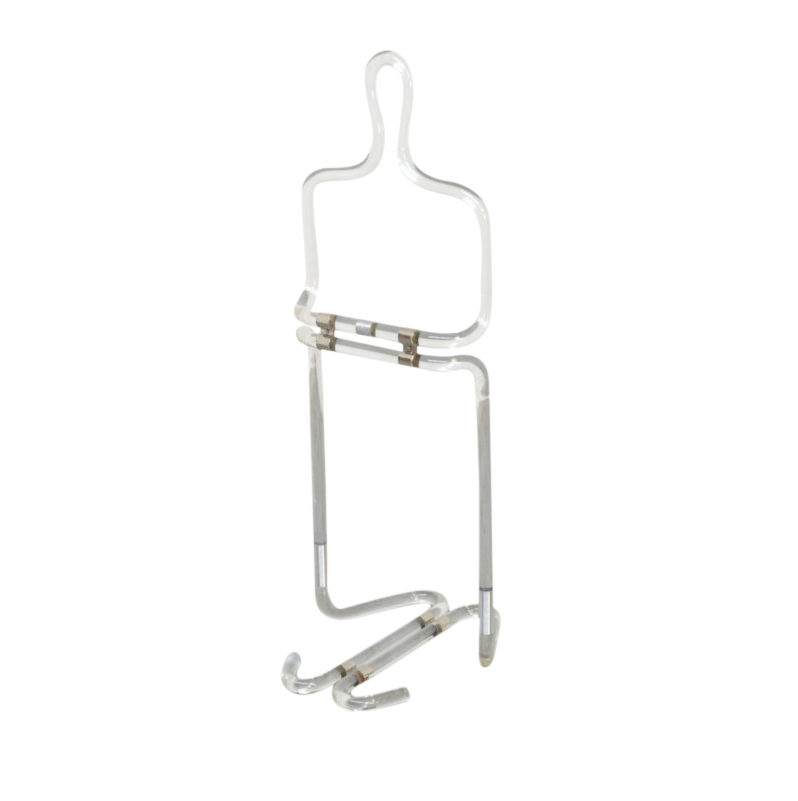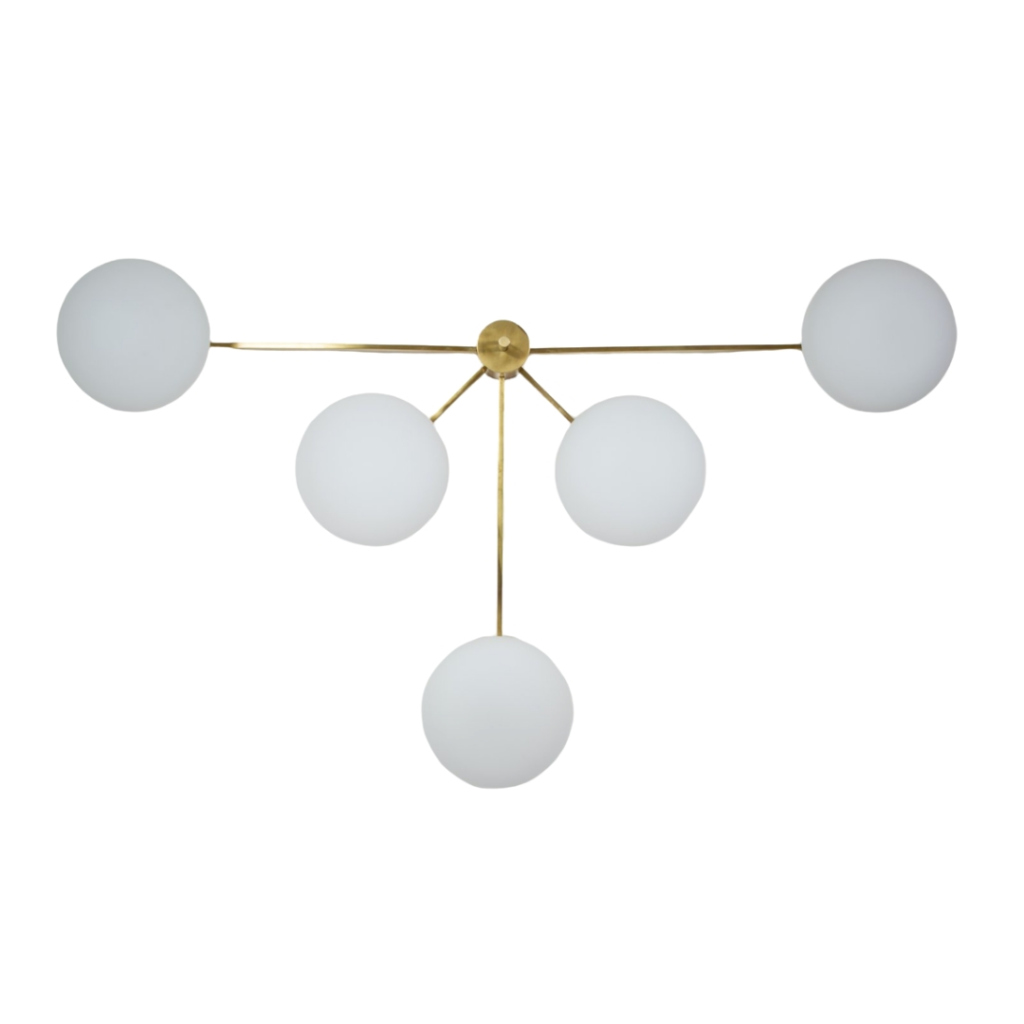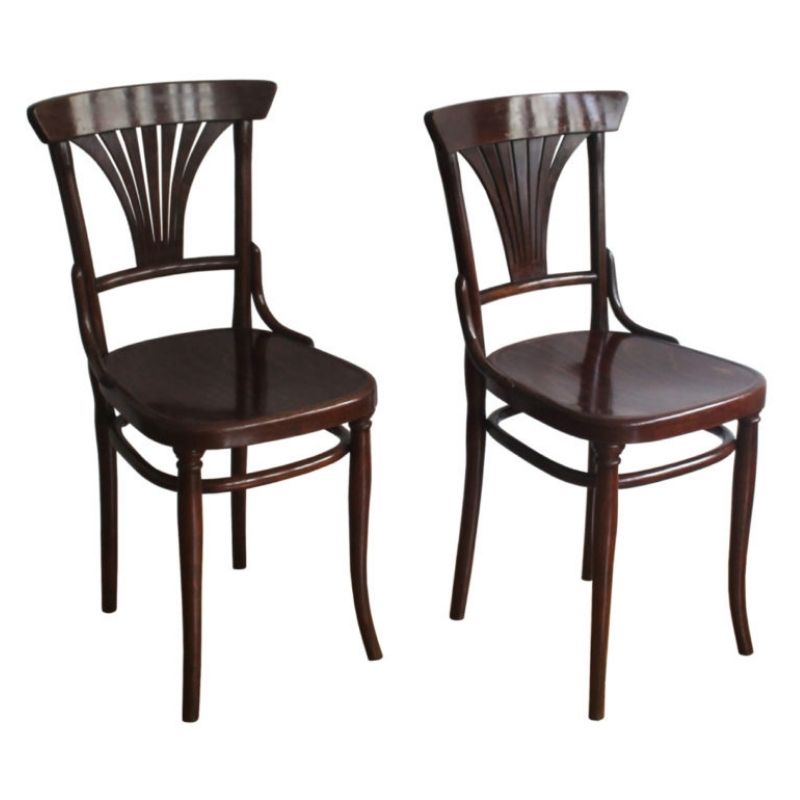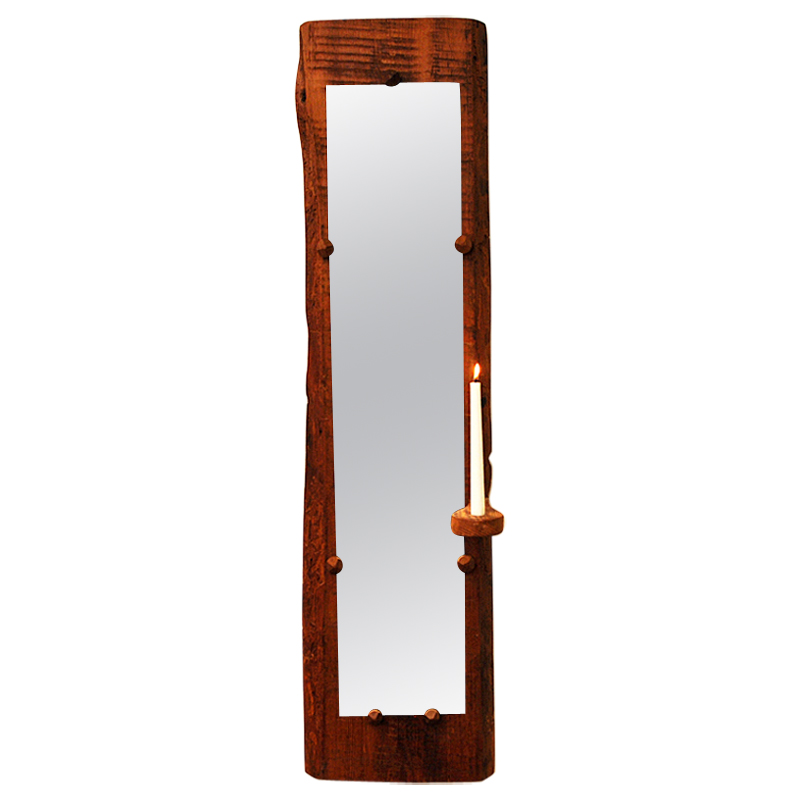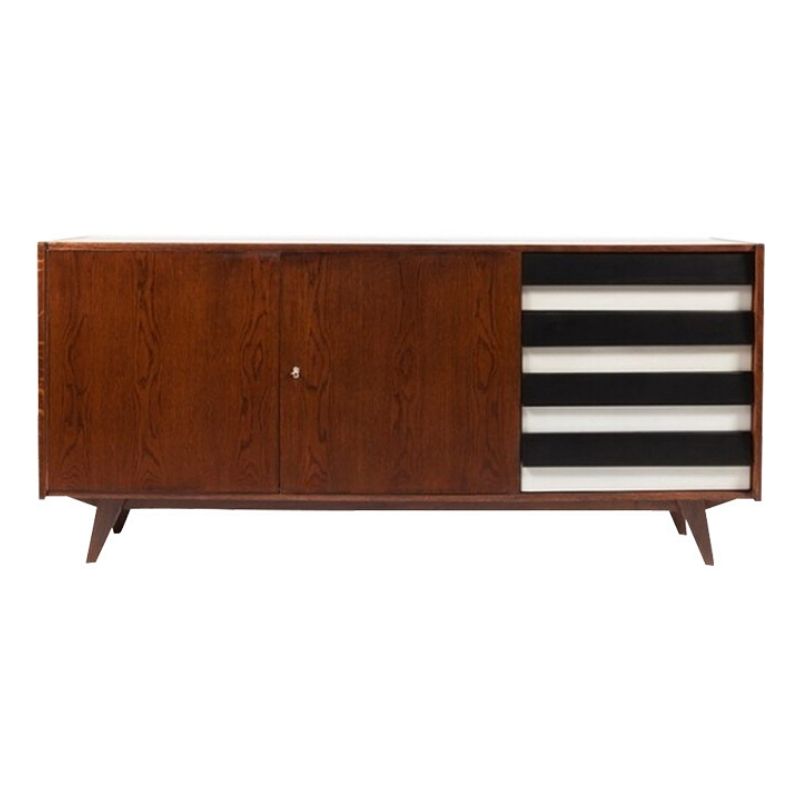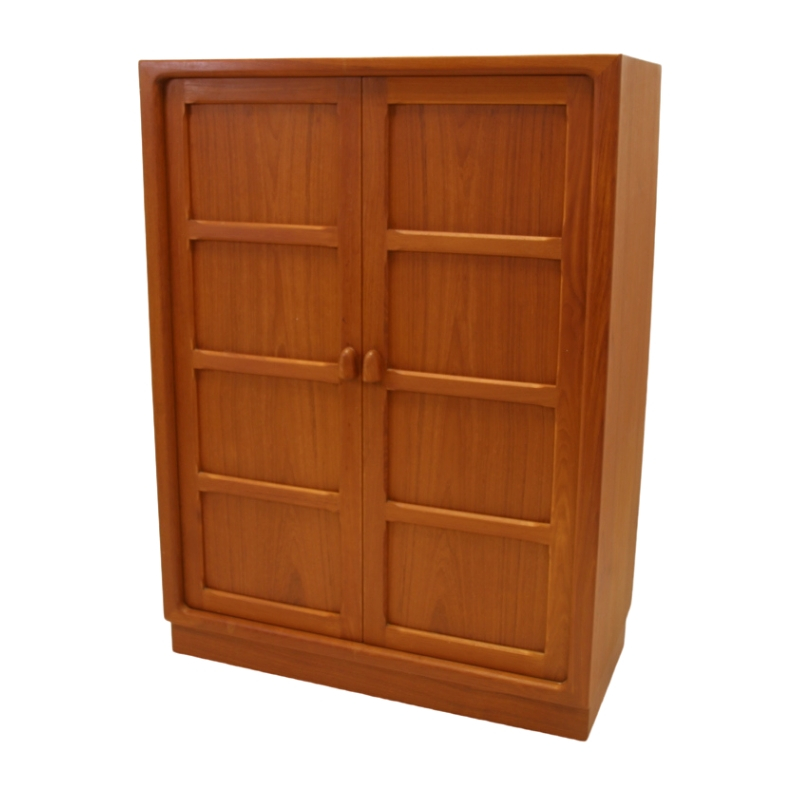I'll go for...
...Tom Dixon's mesh chair for Magis that I saw at the Salone del Mobile in Milan recently. I think he's been producing top notch design recently.
In Milan I also saw the evergreen Gaetano Pesce's last project for Cassina, 61 tables to celebrate the 150th anniversary of the Unity of Italy: sessantuna.cassina.com
Not a new inspiration strictly speaking, but I've been fascinated by the idea behind it and wanted to share it 🙂
Lou Ruvo Center for Brain Health, Las Vegas, NV
How far can Frank take this deform language?
He is working out the deform language, as if in preparation for some right project that will some day come along.
Could it be a planned community in this deform language?
Or a torture prison?
This deform language is evolving to express something.
But what?
To me, it just says, "I'm 80 years old and I'm STILL a badass,"
but Christopher Hawthorne believes that it marks a change in the tone of Gehry's work:
http://www.latimes.com/entertainment/news/la-et-gehry-vegas-20100519,0,5...
Just saw this, really liked it
http://tmagazine.blogs.nytimes.com/2010/05/28/domesticities-the-immateri...
Held up by scaffolding?
I don't understand... Are you saying that you're unhappy that what looks like a twisted, deformed building is really just the roof of the event center?
I haven't seen it in person, but that interior space looks remarkable to me in photos. What do you dislike about it?
woodywood's posting of that fine and very traditionally modernist interior...
juxtaposed triggered a question about space to occur to me.
I instinctively prefer the form language of the interior woodywood posted. It is tidy, cubic, and light.
But Gehry's building, many of his buildings, challenge the assumption that the cubic volume is superior. Their deformities seem to say: isn't my deformed cubic volume just as useful as a cubic volume?
Stop and think about this for a moment.
Look at that tidy, cubic, and light room. Look at how much of the cubic volume is utterly unusable volume. Look at how much of it exists entirely for artifice alone. There is all that space up high and in the corners where nothing but an ornamentally abstract joining of walls and ceilings is going on. Individuals can't use the space. It is excess. Its only function is an abractly ornamental joining of the walls and roof.
Gehry's building seems to be calling attention well, or poorly, to this fact, and saying, "Why don't we do something else with it? Why do the walls and roof have to come together at 90 degree angles, if we can't use the space created by that form of joining any way? Why does the joining have to be ornamentally abstract in a cubic way, if it doesn't generate any usable space anyway? Why can't it be curvilinear? Why can't it curve? Why can't it be deformed? What is wrong with deformity, people?"
part 2
I think anyone who has a disability, or deformity, and I am increasingly deaf, feels instinctively that what is most wrong about the deformity/disability is that others view it as a disability, or deformity. If I lived in a world where everyone viewed my deafness as simply part of the spectrum of genetic variance in a human being, which it in fact is, rather than insisting I live up to some rationalized notion of normative hearing capability, I would not even think twice about my hearing loss. In fact, my hearing loss is often quite beautiful some times. It brings a quietness to my world at times that enables me to experience the visual with even greater wonder and awe. It is only when persons with "normal" hearing range, become frustrated and annoyed with my inability to hear them that I begin to feel like my hearing loss is a disability, at all. Sometimes I am sad that I cannot hear as much of the magnificience of music, or the purr of my cat, with the same richness and joy as before. But that is my loss; that is not my disability. Disability only exists in relation to society's frustrated expectations of me. My loss saddens me, but I am quickly over my sadness and filled with joy about what I can see, or taste, or feel. What causes lasting pain and suffering is my community, my society, expressing annoyance with me for what I cannot hear, choosing not to include me in discourse because it is too much trouble and so on; then I feel disabled, until I remind myself that it is society's problem and that society is trying to make their problem mine.
When I look at Frank Gehry's deform language, though it is not what I have been conditioned to want, it speaks to me and says, "Look at me. Deformity is okay. It is not only okay, it can be magnificient. It is as useful and as beautiful as "formity," if you do not hold it to the same standards at formity.
Frank Ghery, whether he knows it, or not, is speaking a profound truth to civilization the only way he knows how. He has, through his building, and it being juxtaposed against the interior that woodywood posted, helped me recall that both the "formity" and the "deformity" in life can be beautiful and useful.
Truly, both Ghery's building and woodywood's posted interior are beautiful and useful. They achieve these qualities by different means.
Formity and Deformity.
One is not better than the other.
Both are, rather, true.
Photos
I've seen some good ones online, but can't find them now...
These small photos show it at various stages, and there's a gallery of photos that might include a couple of interior shots at the link below. Designboom also has some photos here:
http://www.designboom.com/weblog/cat/9/view/10353/frank-gehry-the-clevel...
http://www.lasvegassun.com/photos/galleries/2010/apr/02/lou-ruvo-institute/
If you need any help, please contact us at – info@designaddict.com



